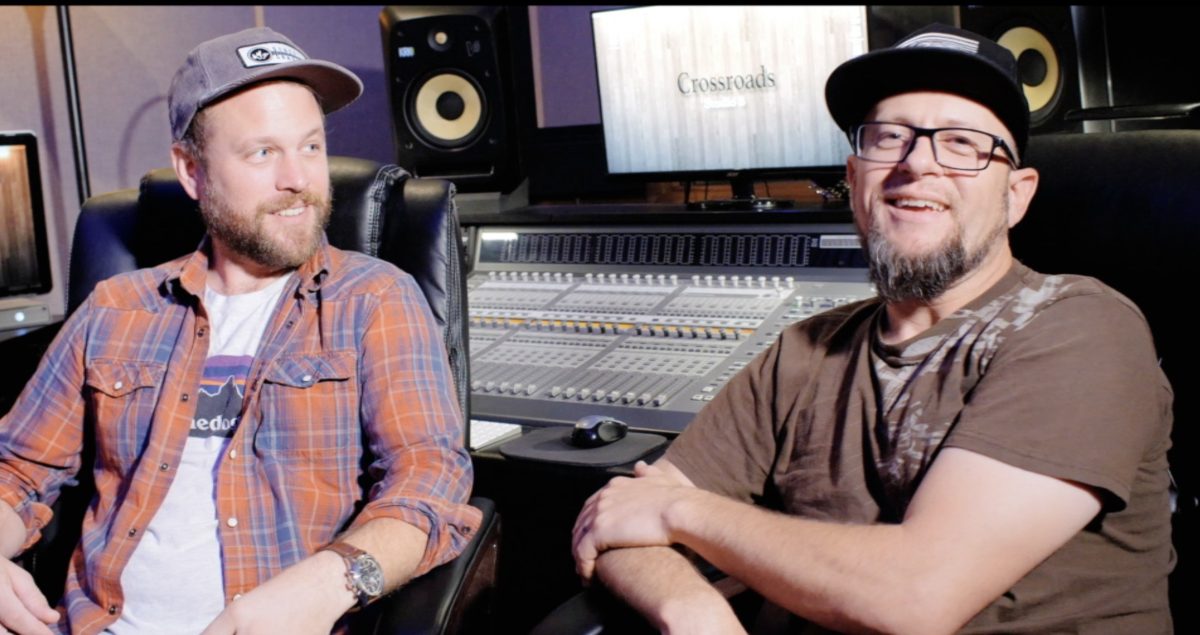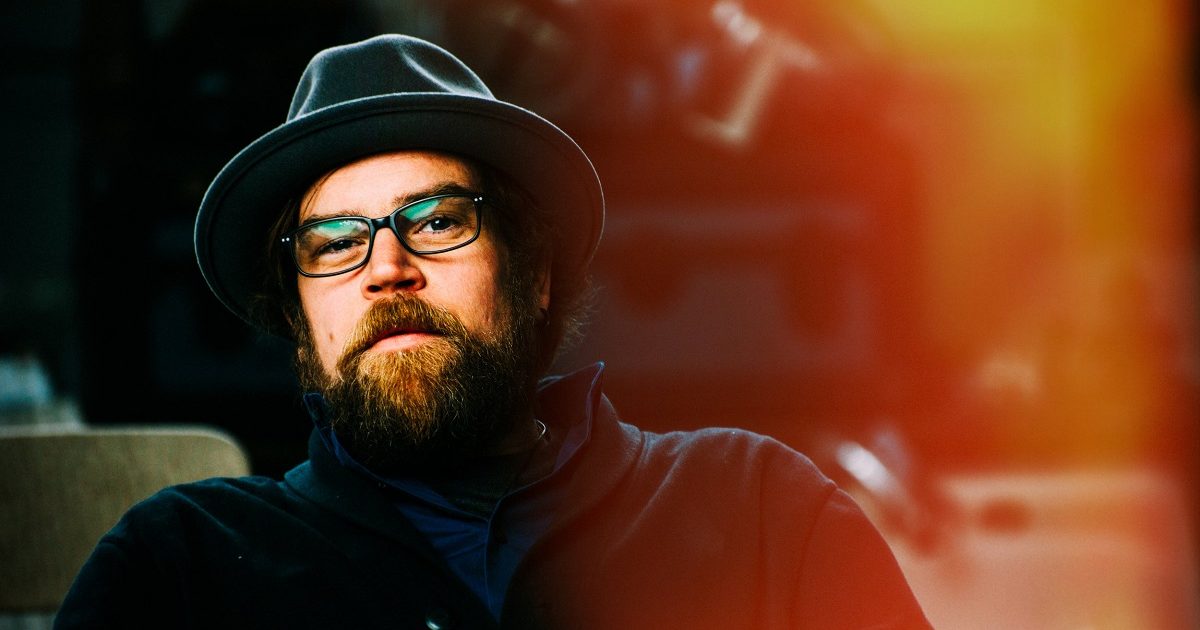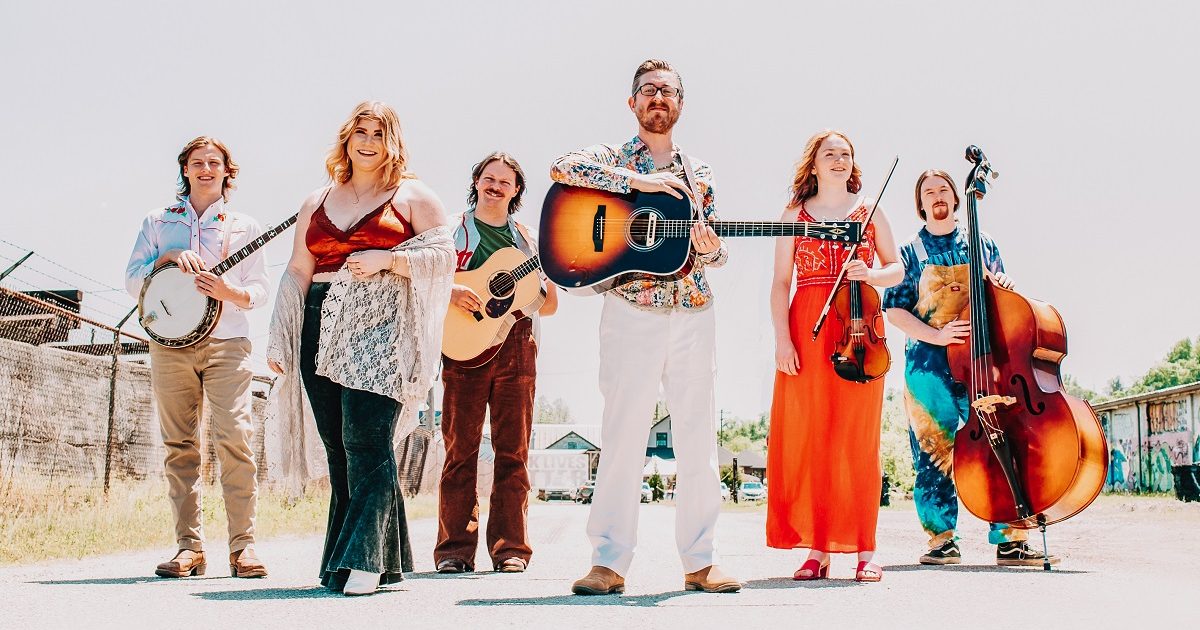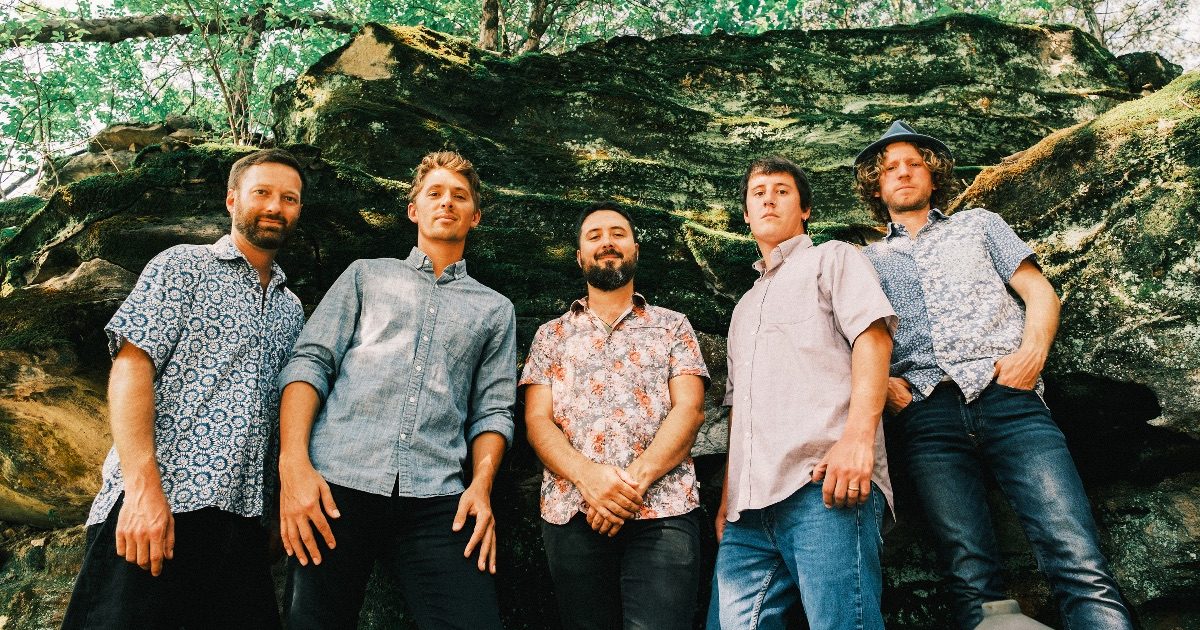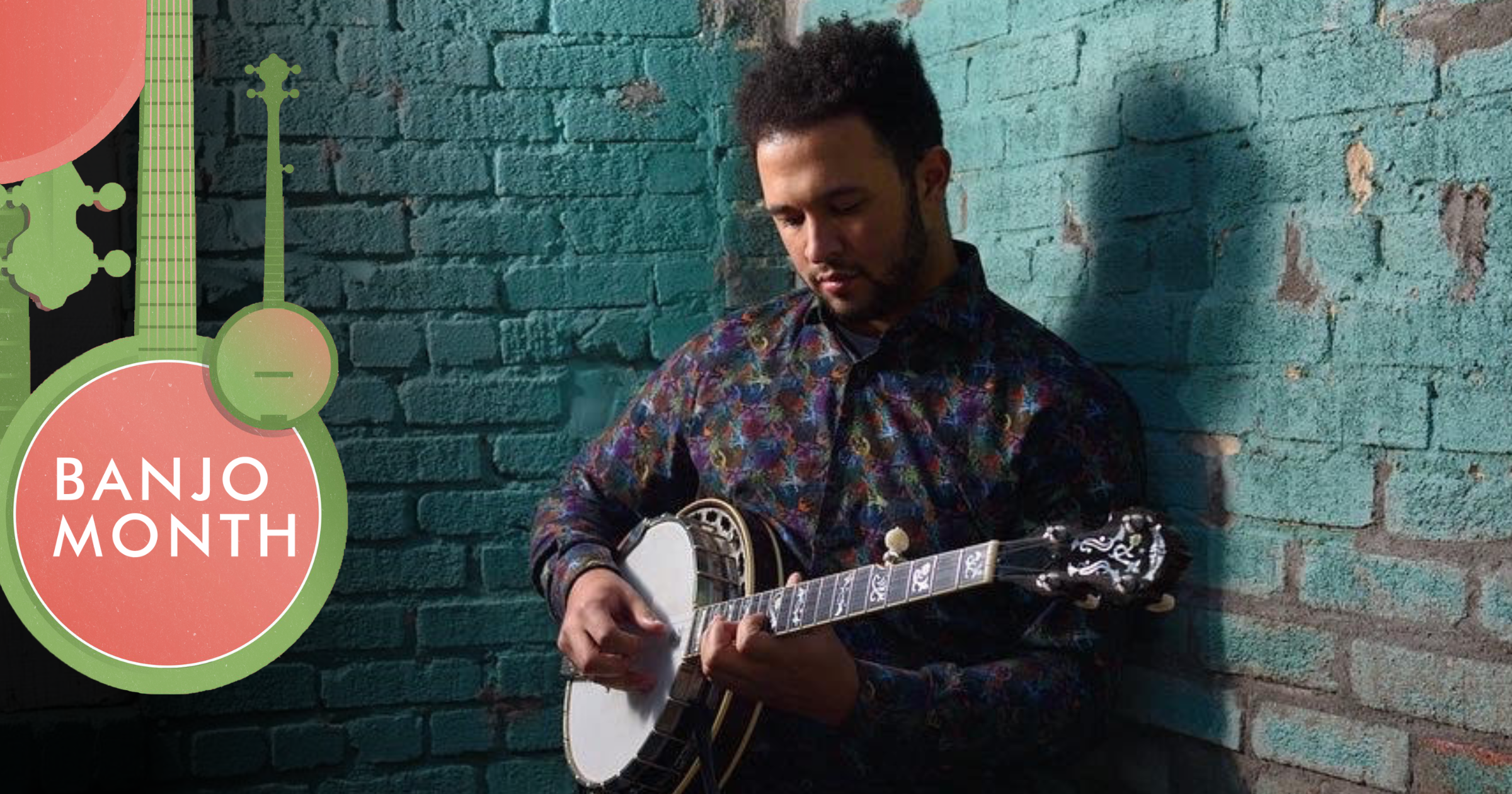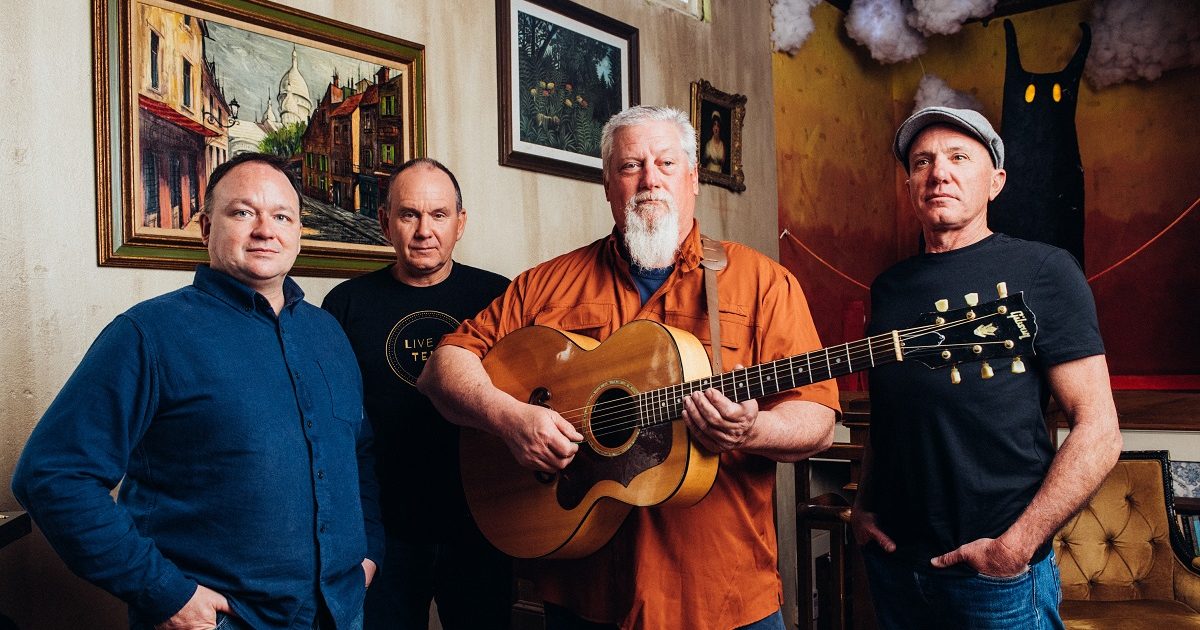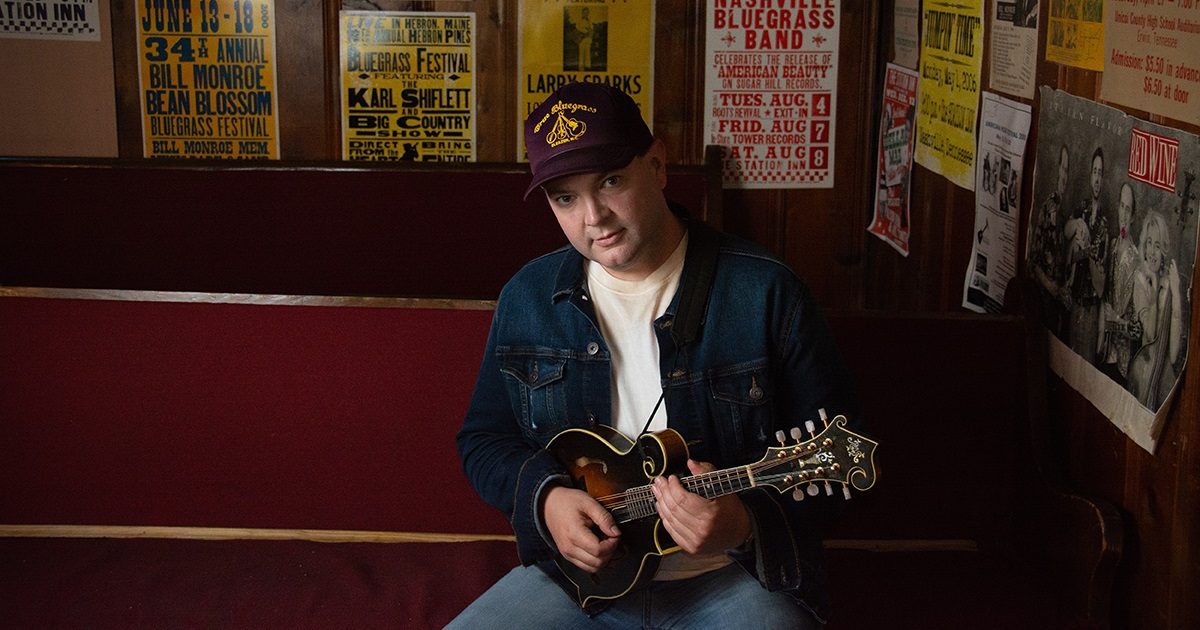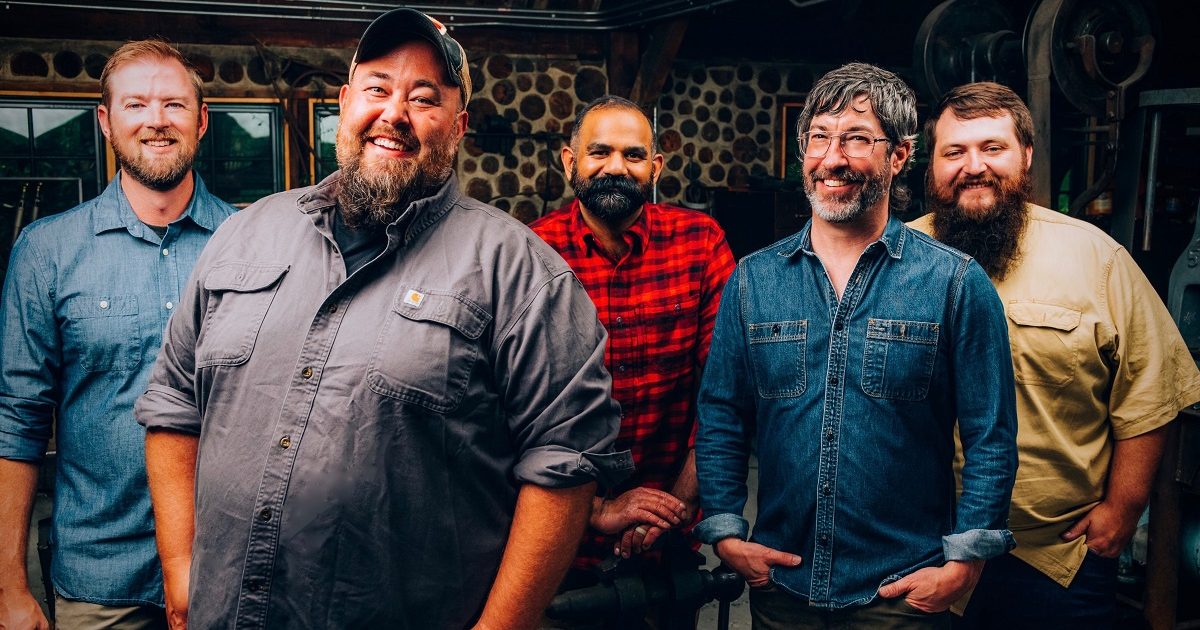Like a lot of bluegrass musicians, Infamous Stringdusters fiddler Jeremy Garrett had never given much thought to “spatial audio.” He already had a good professional setup for home recording and playback in conventional stereo, and that seemed like more than enough. Getting into the next generation of three-dimensional sound, highly touted though it is, just didn’t seem important.
All that changed, however, as soon as Garrett actually heard his own music in Dolby Atmos, Dolby Laboratories’ surround-sound mixing process. It happened at the North Carolina headquarters of Crossroads Label Group, where Garrett records as a solo act. It just took one demonstration for him to come away a believer.
“It blew my mind,” he says. “Seriously. You can try to explain it ‘til the cows come home. But until you experience it, you won’t understand just how eye-opening it is. Stereo can give you a pseudo-in-the-room feel. But Dolby Atmos is like really being in the room, where you hear everything in depth and full spectrum from low to middle to high range. Even listening on a phone, you could tell the difference.”
This next iteration of surround sound is quickly becoming the sonic standard for the record industry’s high-rent district, with most major-label releases coming out in the format. But it’s also the new benchmark for Crossroads and its labels, Mountain Home and Organic, which is taking a far more proactive approach to high fidelity than most roots labels. Crossroads has been evangelizing about Dolby Atmos for the past year and making moves to put out all its new music in surround sound.
Of course, doing this takes major investments in terms of both hardware and time. Crossroads has gone so far as to build its own studio facility in California to do Dolby Atmos mixes and stay in control of the process. Company management is firmly convinced that this will be essential to survive, with Crossroads co-founder Mickey Gamble touting it as the future of the record industry – especially online, where the vast majority of business takes place now.
“Every single reproductive method before this, from wax cylinders to vinyl and up through the chain including compact discs, has had flaws,” says Gamble. “This doesn’t, which is why it’s important for us to be there. We still sell a little bit of physical product, but that’s mostly by artists at the table at their show. The business is drastically different now, and everything we do is aimed at increasing an artist’s streaming profile. This is just another piece of that. The time is not too far off where, if you want to have a streaming profile, it will have to be with Dolby Atmos because the technology is taking over the music business. If you can’t or won’t do it, you won’t be in the business.”
This kind of high-end immersive surround sound has long been the standard in movie theaters, but it’s only recently emerged for listening to music. Major streaming services including Apple, Amazon and TIDAL all use variations of three-dimensional surround sound — although Spotify and YouTube remain two notable stereo-only holdouts (and for that reason, Mountain Home continues to do conventional stereo mixes of its music alongside the Dolby Atmos versions).
Nevertheless, the overall trend is running toward universal adoption of three-dimensional surround sound for music, and major labels have been busily upgrading their catalogs. Among the albums that Gamble routinely plays for visitors to show off Dolby Atmos sound are Queen’s 1980 album The Game (“which I swear will take your head off,” he says) and the 1959 Miles Davis masterpiece Kind of Blue.
One metric to track surround sound’s rapid growth is the number of studios set up to mix in Dolby Atmos. There were just 30 Dolby Atmos-capable studios in the spring of 2020, but that figure has gone up to around 600 in 2022, according to Billboard. On the consumer’s end, there are also more and more playback devices for surround sound on the market, including car-stereo systems.
“The business aspect of it is huge and growing really fast, which is why we feel like we need to be in it,” says Gamble. “Personally, I’ve been listening to almost nothing but Dolby Atmos for the last year and a half – classical, jazz, rock, bluegrass, everything. And if I go back and try to listen to something in regular stereo now, it sounds dull and uninteresting. The difference is just that powerful. Without exception, every artist we’ve brought in to hear it has come out saying, ‘I want this for me.’”
To that end, Crossroads started by releasing immersive-audio mixes of its top songs of 2022, from artists such as Balsam Range, Tray Wellington, The Grascals, Lonesome River Band, Sister Sadie, and Sideline.
Surround sound is not the record industry’s first new technology to be touted as a major sonic revolution, going back to four-channel quadraphonic sound in the 1970s. But where quadraphonic failed to catch on because it required listeners to shell out for new hardware, Dolby Atmos doesn’t require an equipment upgrade to get improved fidelity (although the effect is more impressive on modern playback devices).
“The amount of immersion you get changes depending on the device,” says Crossroads Music chief engineer Scott Barnett. “But the immersive experience will scale to the system you’re listening on, automatically and in real time, whether it’s in your living room with 13 surround-sound speakers or on an iPhone through earbuds. The sound is object-based rather than channel-based – not just left or right but with a three-dimensional field. Dolby Atmos can present an enhanced experience without sacrificing any tone or dynamics.”
Another improvement that Gamble cites is that surround sound does away with the sonic compression of stereo sound, which limits the tones you can hear, and that improvement applies to any listening device. Indeed, Garrett has been demonstrating the dramatic differences of surround sound to friends using mobile phones – dialing up his song “River Wild” on Spotify stereo on one phone, and then in immersive audio on Apple Music on another. Even when heard on small phone speakers, there’s an audible difference.
“There’s a curve to go along with this, of course,” says Garrett. “It’s an extra process, and it takes quite a bit to get an entire record mixed for surround sound. But if it’s at all possible, I want every single song of mine to be in Dolby Atmos from now on because there’s no comparison. The experience is over the top, nothing else comes close.”
If Gamble has his way, that will be possible to do.
“I’ve always believed that presenting music with clarity will have an influence on listeners’ attachment,” Gamble says. “That’s true for the casual listener as well as the audiophile. What makes it dramatic are the placements in space, and the harmonics you can hear because there’s no compression. It helps music sound the same way it does if you’re standing right in front of the people playing it.”
